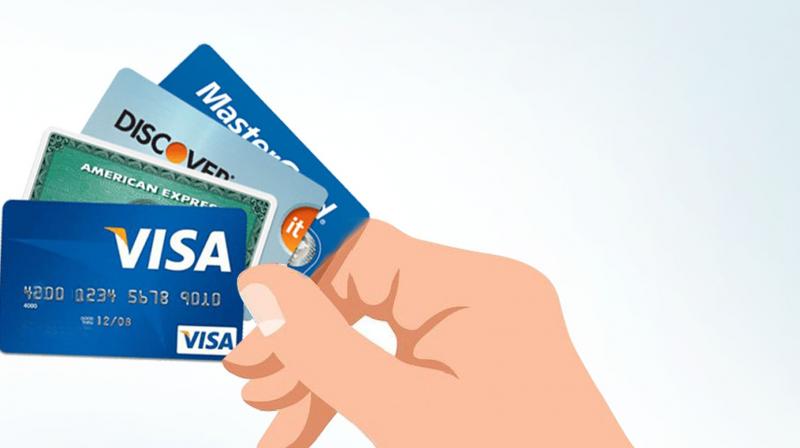Money talk: Occasions when getting a second credit card makes sense
A smartly picked credit card can improve your finances. Here are 7 occasions when getting a new card makes sense.

Banks often reach out to you with credit card offers. Based on your credit history, they may offer to sell you a credit card that they think fits your financial profile. When you are cold-called, you may not be prepared to determine if you need a credit card or not, especially when you’re already using one. Based on a hurried assessment of your finances, you may decide to say yes or no. After all, you may not have had the time to assess how you may truly benefit from a credit card. So, here's a look at some situations where getting a new card may be useful.
YOU ARE GETTING BETTER BENEFITS
An additional credit card must be able to provide you benefits, reward points, deals and discounts that your existing card doesn’t. A new card should reward you for the lifestyle you prefer. For example, you are a frequent traveller and therefore will benefit from a travel credit card that gives you free airport lounge access, air miles, fine dining deals and accelerated shopping rewards. So, if the new card provides you with benefits that make a difference in your life, you should go for it. But if the benefits aren't useful to you, skip it.
WHEN YOU NEED A HIGHER SPENDING LIMIT
If you keep frequently hitting the spending limit on your current card, your bank may consider raising your spending limit as per its criteria. However, if you are stuck with the same spending limit for long, and your bank isn’t raising it either, you may consider getting a new card that offers a higher limit.
WHEN THE INTEREST RATE IS LOWER
Credit cards charge an interest rate on your monthly balance. As of today, this interest rate varies from 1.99 per cent to 3.5 per cent per month for cards. If you frequently carry forward your card balance by making just the minimum payment, you pay a hefty interest rate. Therefore, a credit card that charges a lower rate of interest would make more sense for you. An interest payment of three per cent may not sound like a lot, but annualised, this rate is nearly 40 per cent per annum!
WHEN YOUR CREDIT SCORE HAS IMPROVED
Each time you apply for a new loan or credit card, the lending institution (bank or NBFC) makes a “hard” check on your credit history. Each hard check lowers your credit score fractionally. Therefore, if your credit score is already low, applying for a new card will hurt it further. But if your score has improved over a period of time through timely repayment of loans and card dues, the time may be right for a new card.
BRAND LOYALTY & LIFESTYLE BENEFITS
You may be loyal to a brand which may lead to high consumption of that brand. This may mean shopping at the same mall, or flying with the same airline, or buying fuel from the same petrol company. And hence if you are offered a co-branded card that provides you additional benefits and accelerated rewards for being loyal to your brand, it may be worth your while. Such a card may help you get more out of everyday transactions.
WHEN YOU WANT TO REDUCE YOUR CUR
Credit Utilisation Ratio is the percentage of your spending limit you use. For example, if you spend Rs 50,000 out of a spending limit of Rs 100,000 in a month, your CUR is 50 per cent. The ideal CUR is 20-30 [er cent whereas a high CUR can hurt your credit score. With an additional credit card, you can split your purchases between cards and reduce your CUR per card. Let’s say you had another card with a limit of Rs 1 lakh. You can now keep your spends on each card at Rs 25,000 instead of Rs 50,000 on a single card bringing down your CUR to 25%.
UNHAPPY WITH SERVICE
Lastly, you may be unhappy with the customer services provided by your current card provider. If that is the case, and if you're being offered a card by a bank that could offer you better services, you should go for it.

